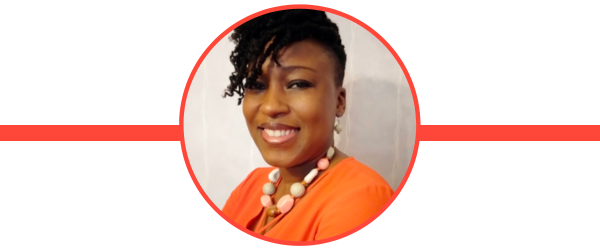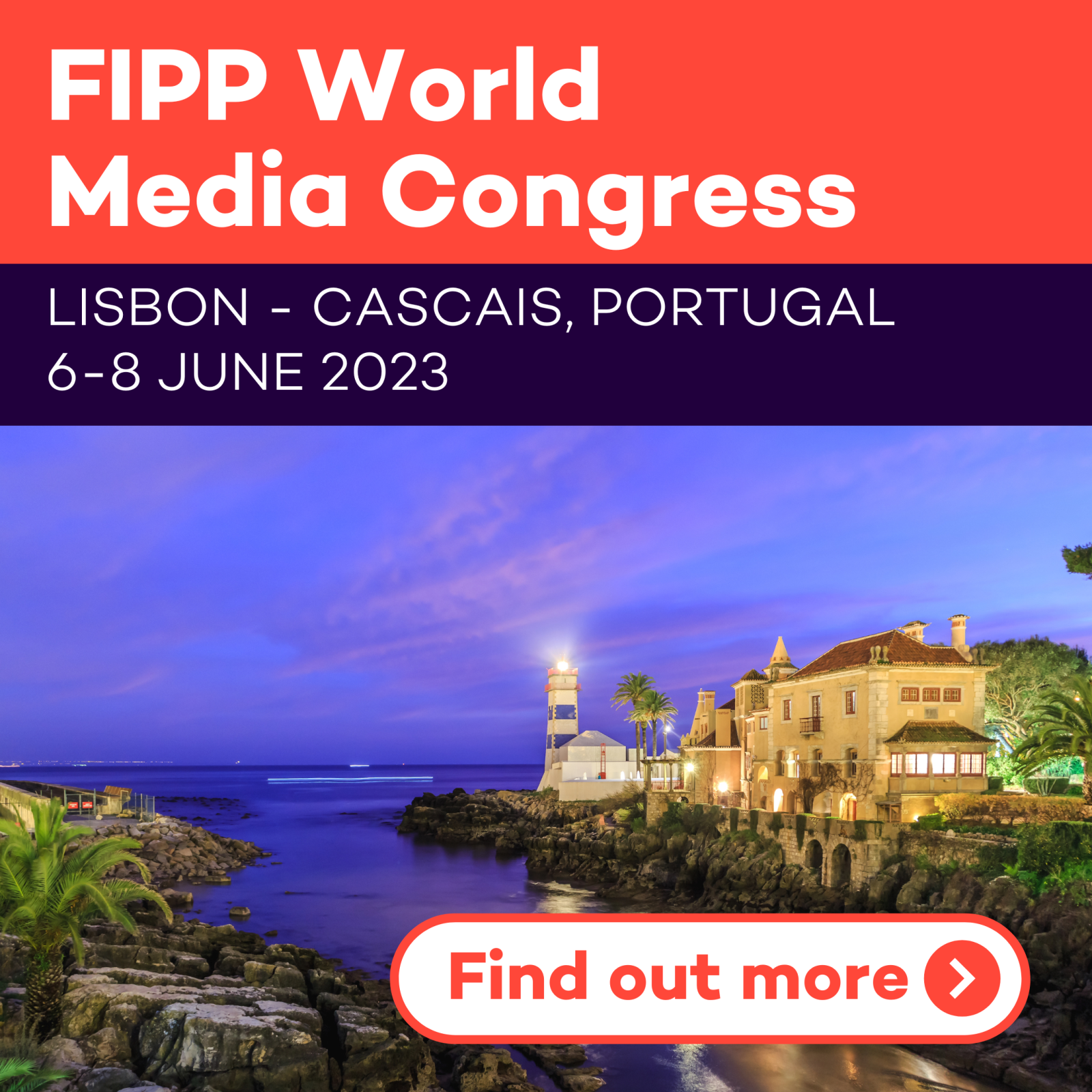Being brave – Shola Mos-Shogbamimu on how the media should deal with cancel culture
When it comes to covering cultural and political debates, publishers increasingly find themselves stuck between a rock and a hard place. While evidence suggests consumers want to know the attitudes, values and beliefs of media brands, choosing sides in controversial issues could lead to a social media backlash, being ‘cancelled’, the loss of sponsors and even threats against personal safety.
Someone who is very familiar with the dangers of steadfastly speaking your mind is lawyer and political and women’s rights activist Shola Mos-Shogbamimu, who in February shared with the press a letter she received from the ‘National Action London Cell’ making death threats against her and her family. Despite the disturbing turn of events Mos-Shogbamimu has not taken a backwards step when voicing her opinions – a lesson in fortitude for journalists fearful of tackling controversial topics.

“To be perfectly honest, I do not see myself as brave. My understanding of what it means to be brave is that bravery is not the absence of fear, not the absence of controversy, and not the absence of doubt,” Mos-Shogbamimu explained, sitting down with Lisa Smosarski, Editor-in-Chief of Stylist, for a discussion on journalistic courage in the age of cancel culture at the PPA Festival.
“I think it’s important to understand that being brave just means stepping into your fear, stepping into your doubts and stepping into the controversy. And as journalists it is important for you to use who you are, your skill set, your voice to affect the change you want to see. I mean, take a leaf out of Rosa Parks’ book. She didn’t get up and it started a whole new revolution. And we all have that in us.”
Making your voice heard
For journalists, feeling strongly about wading into a divisive issue might just be the start of the journey. Convincing an editor to cover controversial topics can be a tough and it’s here, says Mos-Shogbamimu, that writers and editors need to back their instincts and ensure they bring something new to the debate.
“We now live in a time where nuance is lost and ignorance thrives,” she pointed out. “I know that if some of you were to go to your editor and say I would like to interview this person or I would like an opinion piece on this, they will immediately go: ‘Shut it down because who would be interested or what would the publisher say?’”
“But at what point are we going to break the mould because we know the mindset right now that controls the media is on a particular side. I’m just saying there isn’t a balance out there and I think that is where your courage, your bravery, can come in.
“I find that your role as journalists, editors and publishers is a really powerful one because you shape people’s minds. You actually feed what people think about. The reality here is that you have a powerful tool, your profession is powerful tool and that’s such a wonderful opportunity to do things differently.”
For Mos-Shogbamimu, taking up a cause, whether it’s defending Meghan Markle, talking about what it means to be a woman or speaking out about the ‘white-washing’ of Queen Elizabeth II’s legacy is about adding nuance to what are complex issues.
“I need to bring a point into this issue, because sometimes the conversations we have out there are so reductive,” she said. “Actually, it’s a whole lot more complex than that. So, for instance, when we try to bring nuance around how women can experience intersecting inequalities that are not recognised under the law or are not recognised in the workplace or not recognised in the social conversations, we’re shut down as being too emotional. When I go in to have a conversation, a discussion, a debate, that’s something I am trying to address in the discourse.”
Crucially, though, media organisations need to do their homework when tackling controversial issues. “If you’re not rooted in the truth of what you are saying, then you will get lost in the storm,” added Mos-Shogbamimu. “Be a house built on solid ground. So, when the wind blows it doesn’t affect you.
“Some of that solid foundation comes from you doing your own learning, your own research, your own engagement. You see, knowledge is truly power, and being able to use the knowledge you’ve acquired to affect change.”
Last call for the FIPP Congress!
Venue now near capacity for the FIPP World Media Congress 2023, taking place from 6-8 June in Cascais, Portugal.
See the agenda for Day 1 and Day 2.
Get your last minute tickets here.
Know both sides of the argument
Acquiring knowledge extends to knowing both sides of a debate. By the time Mos-Shogbamimu appears on TV to lock horns with the likes of Piers Morgan she has already warmed up by having debates at home.
“My husband doesn’t agree with me half the time,” she explained. “You have to think about what the opposing view is. It’s good to have those diverse conversations with your friends and your family and your spouse.”
Mos-Shogbamimu warned that even if journalists do extensive research, they will inevitably make mistakes if they stride into minefields. “You’re human and sometimes the mistakes we make pertain to experiences that we will never experience ourselves,” she pointed out.
“It’s not our lived experience. All you can do is your best. That’s all you can do, and when you fall down because you made a mistake and it feels like the whole world is against you, pick yourself the heck up and you keep moving because that is what we have to do.”









